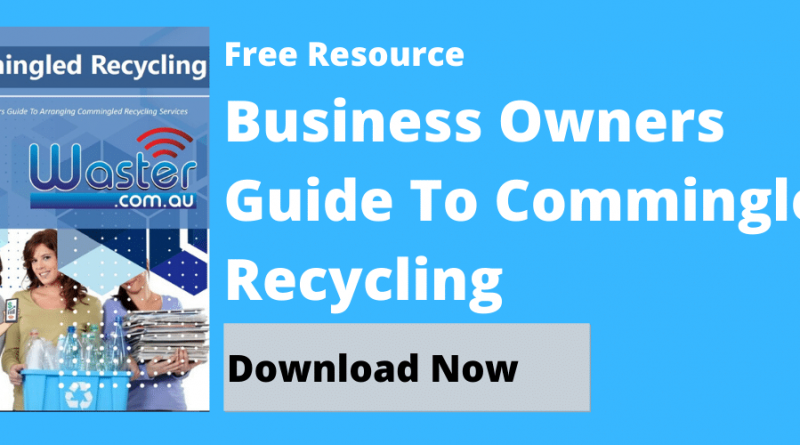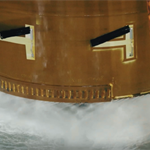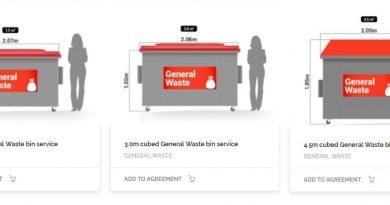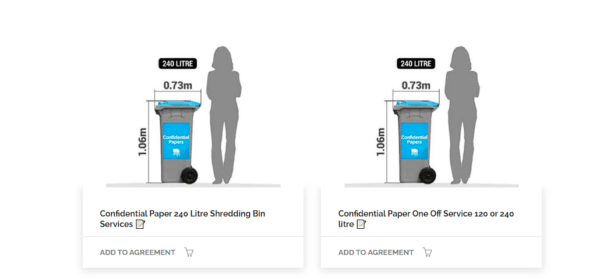Textile Recycling ♻️ – NSW’s Successful Trial
Energy Disrupter
Textile Recycling ♻️: In recent news, NSW had a successful recycling program for old, used or worn-out textiles. The program that transpired showed that many Australians are eager, at the very least, to contribute to a more sustainable and less polluted environment. Check out our thoughts about it while we share some useful information and read more below.
We’ve all had our fair share of favourite shirts or trousers in our lifetime. May it be for fashion or comfortability, some of our clothing stand out to us more than the other and as a result, wear out faster. But we managed and still wore it time and time again until it cannot be worn by you, much less donated to others, anymore. What do we do with the worn-out clothing, then?
We would want to, of course, avoid sending our worn-out, unwearable clothing to Australian landfills. For quite some time, we’ve had few options on where to send those, but that may change in NSW now because of the successful textile recycling trial conducted, which we share with you below.
>Download Now: Free PDF Business Owners Guide To Commingled Recycling Bin Services
A bit about Waster
Before we continue our topic on textile recycling, let me share more information about Waster.
We here at Waster provide you with innovative solutions for your and your business’s waste management and recycling needs. Additionally, we provide flexible, 30-day contracts instead of the typical lock-in contracts, which proves to be better.
Click on the blue button to learn more.
READ: Extended Producer Responsibility EPR ♻️
Bathurst Regional Council’s established textile recycling program
Mr Waster, while drinking his morning coffee, was very pleased to read a while back that a regional council in NSW showcased many Australians elated to have environmentally responsible options to deal with their textiles. The initiative, called the textile recycling program, prompted Australians to show their ‘environmentalist’ side.
Spearheaded by the Bathurst Regional Council, they collected and recycled a whopping 1,600kg of textiles in just a month. Talk about a sea of textiles waiting to be recycled!
“We underestimated it — we thought it would be something new, it might be a handful of people,” as stated by Bathurst Council waste management coordinator Ray Trevorah in an interview with ABC News.
Not only does it involve clothes recycling (which we have already blogged a while ago), but it also includes beddings, curtains and other old textiles. They were successfully collected and recycled through the program.
The trial continued for two more months while partnering with Textile Recyclers Australia, a Sydney-based company that opened a recycling facility in which they can continue their efforts for a more circular economy in fashion.
How did they recycle them?
Basically, the program intended the reusing of worn-out textile in three ways:
“as clothing in developing nations; cut up for rags and cleaning uses; and broken down into fibres through innovative recycling processes, for re-creation into entirely new fabrics for various uses.”
A textile problem
Why did the Bathurst Regional Council create this textile program?
Of course, it has something to do with the tonnes of discarded textile waste, along with leather and rubber, and a majority of it going to landfill.
According to the Australian Bureau of Statistics, around 75 per cent of the 800,000 tonnes of the discarded textile, leather and rubber waste went straight into landfill without a chance of recovery. 90 per cent of this waste came from households, which strengthened the fact that waste management should start at homes.
Some helpful tips on textile recycling
Reading the news above certainly made Waster’s day. As a result, we would also want to give those who did not have access to the three-month textile recycling trial tips on what they can do with their own textile.
So, what can you do with your used textile? Here, we share some tips with you.
First, determine the status of your textile? Are they too worn-out to use or still fairly usable? If your choice was the latter, there are plenty of options you can take to recycle your textiles.
Donate them if possible. Many less fortunate people could use them, especially in cold weather. You can also pass them down to your family. Maybe your siblings or even kids would like them. Or, you can give them to your relatives such as your younger cousins or nieces/nephews. Renting textiles (e.g., a suit and tie outfit) would also be a good idea that can also earn you some money. Finally, you can sell them to also earn some quick money.
Correspondingly, if your choice was the former, then you have the option of upcycling them. Basically, upcycling means transforming something into a completely new item. Turn them into rags for cleaning or animal beddings – perfect for your pets such as cats and/or dogs!
If upcycling is a no-go, then you can contact your local council about textile collections. Maybe they might have something for you.
[embedded content]
Textile recycling organisations
“Where can I find textile recycling facilities near me?”
You can give out your worn textiles to organisations that can sell them to companies that accept them. Planet Ark has listed clothing retailers H&M, Zara and Upparel (formerly Manrags) as primary examples for this.
In our clothes recycling blog which we have linked above, we also mentioned other companies that collect and recycle clothes. Those examples include the following companies:
Be sure to check Planet Ark out for more information on where you can send or drop off your textiles.
Textile recycling: conclusion
We hope that many more regional councils aside from Bathurst deal with their textile waste and do everything in their capabilities to collect, recycle or repurpose them.
Contact Waster today
Are you a business in need of waste and recycling bin services?
If so, please call 1300 WASTER (1300 927 837), or email us at [email protected] if you have any further questions and find the best deals in terms of pricing and services.

















